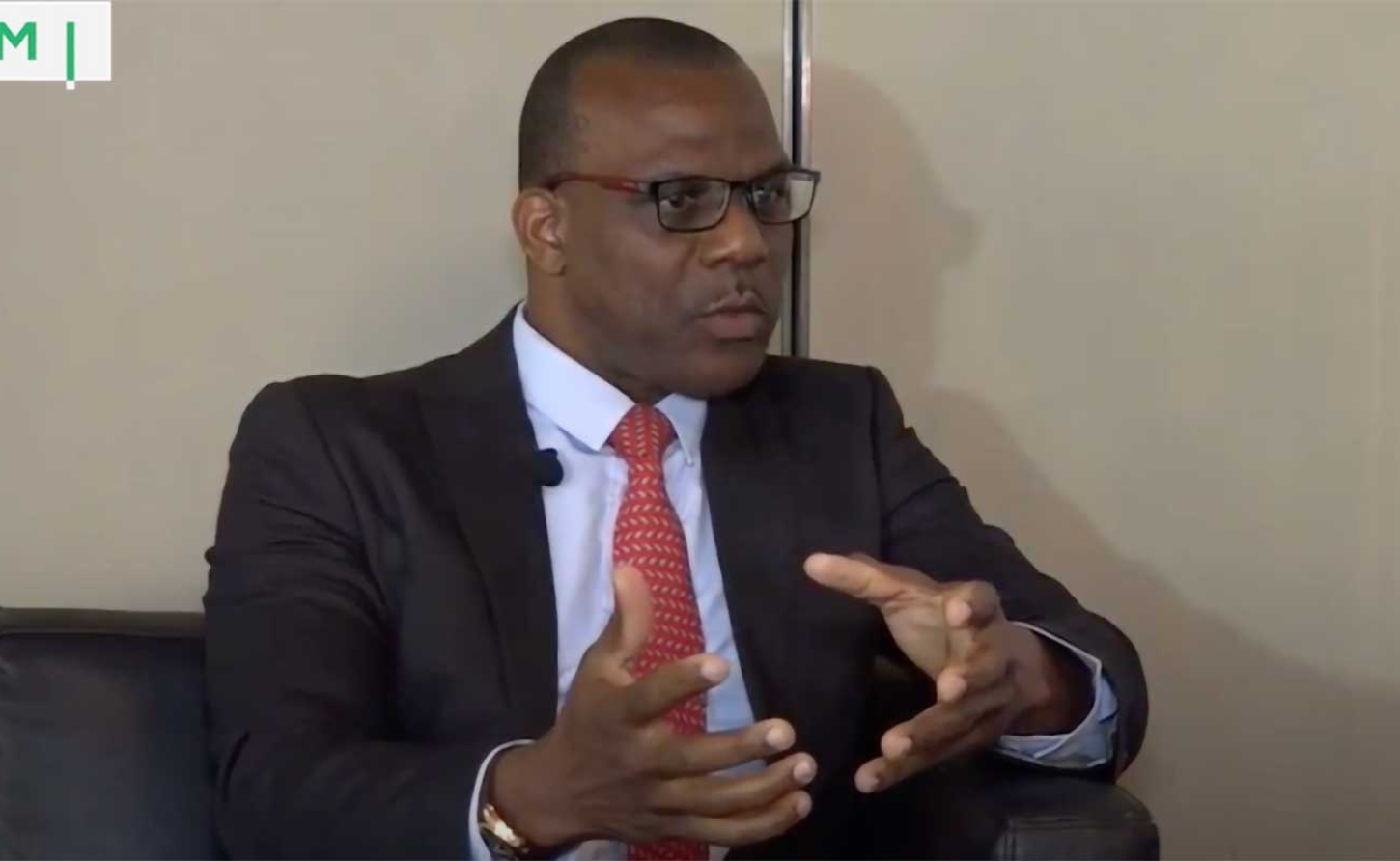GRENADA'S CBI Strategic Pivot to Africa: Following the Money Trail

ST. GEORGE’S , Grenada, July 31, 2025 - Calvin G. Brown - The numbers don't lie. While other Caribbean nations chase traditional markets, Grenada has quietly identified a goldmine hiding in plain sight: Africa's emerging middle class and their hunger for global mobility. An investigation into the Investment Migration Agency's (IMA) latest strategy reveals a calculated pivot toward West Africa that could fundamentally reshape both regions' economic landscape.
The Nigerian Phenomenon: A $76 Million Success Story
Nigeria now represents 19-21% of all approved Grenada CBI applications, making it the second-largest source market after China. But the raw numbers only tell part of the story. With Grenada's 2024 CBI revenue reaching approximately US$413 million, Nigerian investors alone contributed an estimated $76-86 million to the island's coffers—enough to fund significant infrastructure projects or social programs.
This isn't accidental. Thomas Anthony, CEO of the Investment Migration Agency, revealed the strategic thinking behind October's planned West Africa tour: "We are trying to grow the demographic coming out of Africa, but we are also playing our part in creating that bridge between Africa, Grenada and the Caribbean at large."
Kenya: The Test Case That Proved Africa's Appetite
The proof of concept came in Kenya, where IMA collaborated with the Nairobi Chamber of Commerce for what industry insiders are calling a masterclass in targeted marketing. More than 100 individuals attended the public event, while a private gathering of 42 potential investors yielded a remarkable 25% expression of interest—conversion rates that would make Silicon Valley startups envious.
This Kenyan success story illuminates why Anthony is now setting his sights on Ghana for the October tour. The economic logic is compelling: Nigeria's passport ranks 195th globally in terms of travel freedom, offering visa-free access to just 54 countries representing only 2.1% of world GDP. In contrast, Grenada's passport provides visa-free or visa-on-arrival access to 145+ countries, including the UK, China, Singapore, and the entire Schengen Area.
The ACTIF2025 Connection: Timing is Everything
Grenada's African push didn't happen in a vacuum. The recent AfriCaribbean Trade and Investment Forum (ACTIF2025) in St. George's provided the perfect backdrop for Anthony's announcement. With over 1,700 registered participants and projected AfriCaribbean trade potentially reaching US$1.8 billion by 2028, the forum demonstrated Africa's growing economic clout and appetite for Caribbean partnerships.
The timing reveals sophisticated strategic thinking. As ACTIF2025 resulted in US$290 million in deals signed on just the first day, Grenada positioned its CBI program as both a beneficiary and catalyst of this broader economic integration. The message was clear: citizenship isn't just about passports—it's about accessing networks, markets, and opportunities.
The Economics of Global Mobility
The financial mathematics driving African interest are stark. Grenada's minimum investment starts at US$235,000 for a National Transformation Fund contribution or US$270,000 for approved real estate. For wealthy Africans, this represents not just a passport purchase but an investment in economic liberation.
Consider the calculus: a successful Nigerian entrepreneur spending $270,000 on Grenadian real estate gains immediate access to markets representing over 60% of global GDP, compared to their Nigerian passport's access to just 2.1%. The return on investment becomes apparent when measured in business opportunities, family security, and generational wealth preservation.
Grenada's unique E-2 Investor Visa Treaty with the United States adds another layer of economic attraction. Unlike other Caribbean programs, Grenadian citizens can apply to live and operate businesses in America—a pathway particularly valuable for African entrepreneurs seeking to establish US operations.
The Broader Economic Strategy
Anthony's emphasis on "protecting investments by becoming citizens of Grenada" reveals the deeper economic logic. African investors aren't just buying passports; they're purchasing insurance policies for their wealth and businesses. In an era of increasing global uncertainty, the ability to relocate assets, families, and operations across multiple jurisdictions represents invaluable economic flexibility.
The October West Africa tour targeting Ghana signals Grenada's intent to systematically expand across the continent's most promising markets. With Chinese applications declining from 98% in 2018 to 23% in 2024, African markets represent not just growth opportunities but essential diversification for Grenada's citizenship revenue stream.
The Million-Dollar Question
Industry sources suggest Grenada's African strategy could generate an additional $200-300 million annually if successful. For a nation with a GDP of approximately $1.4 billion, CBI revenue from African investors alone could represent 15-20% of national economic output.
The question isn't whether Grenada will succeed in Africa—early indicators suggest overwhelming demand. The real question is whether other Caribbean nations will recognize what Grenada has discovered: Africa's emerging wealth represents the next frontier in investment migration, and the first movers will reap the largest rewards.
As Anthony concluded his ACTIF2025 presentation, the message resonated far beyond St. George's: "It doesn't hurt that you then enhance your global mobility, your ability to travel to more than 145 countries." In the world of economic citizenship, those 145 countries represent billions in potential business opportunities—and Grenada is positioning itself as the gateway.
The October West Africa tour may well determine whether Grenada's calculated gamble on African wealth transforms from promising strategy to economic revolution.
-30-
